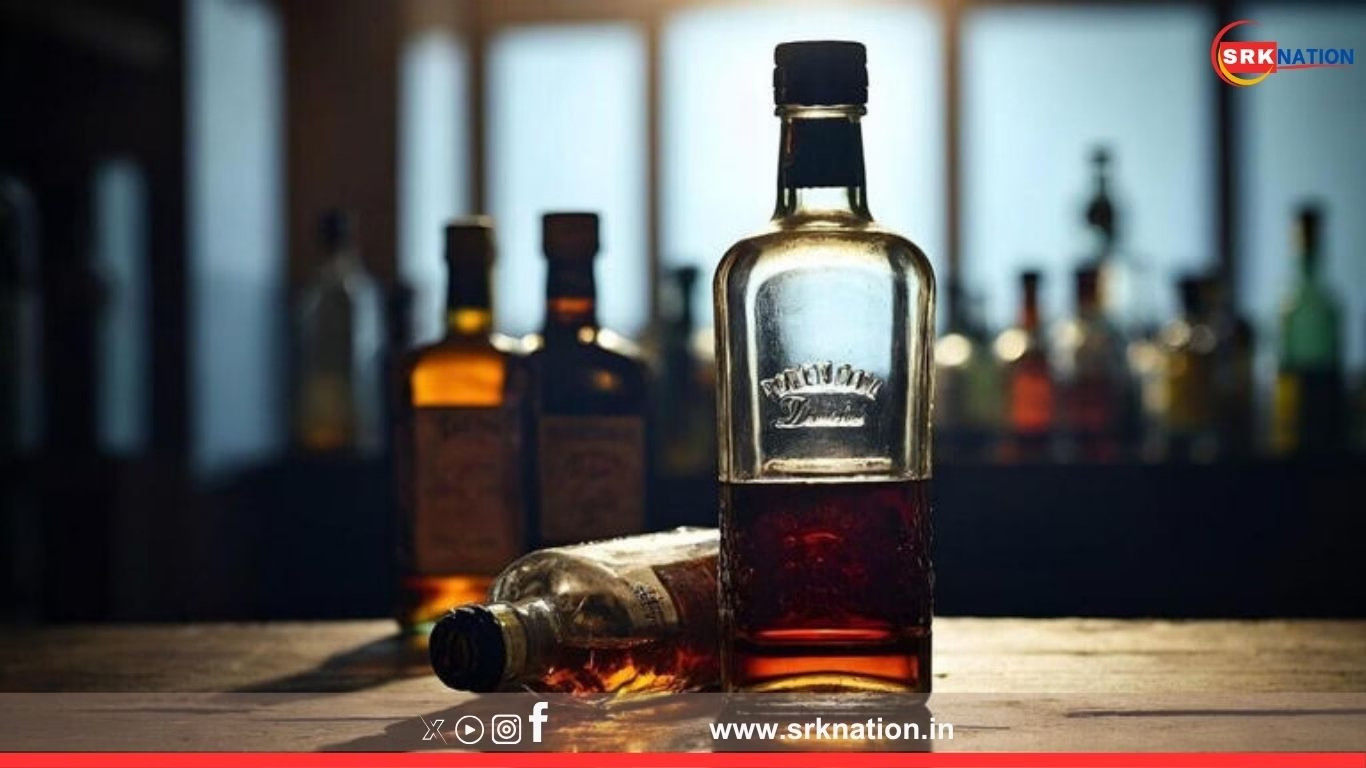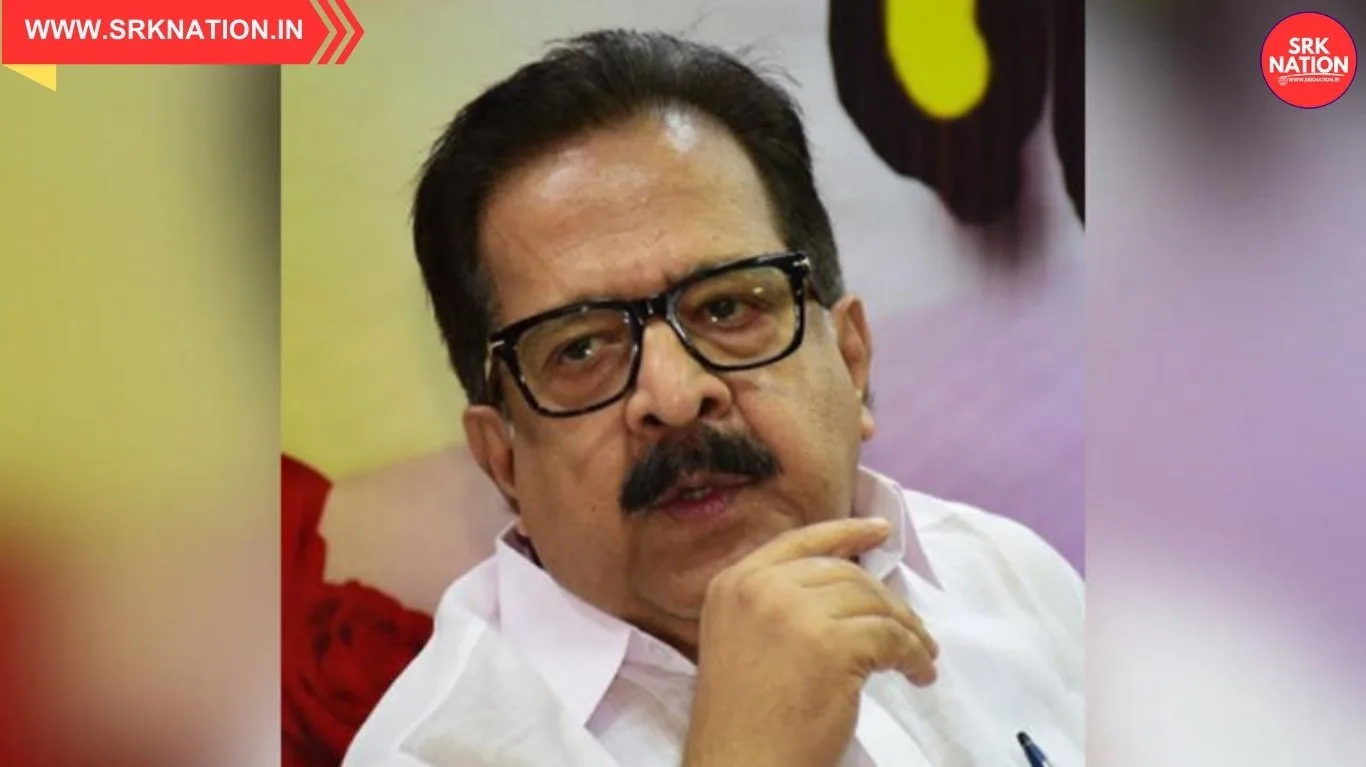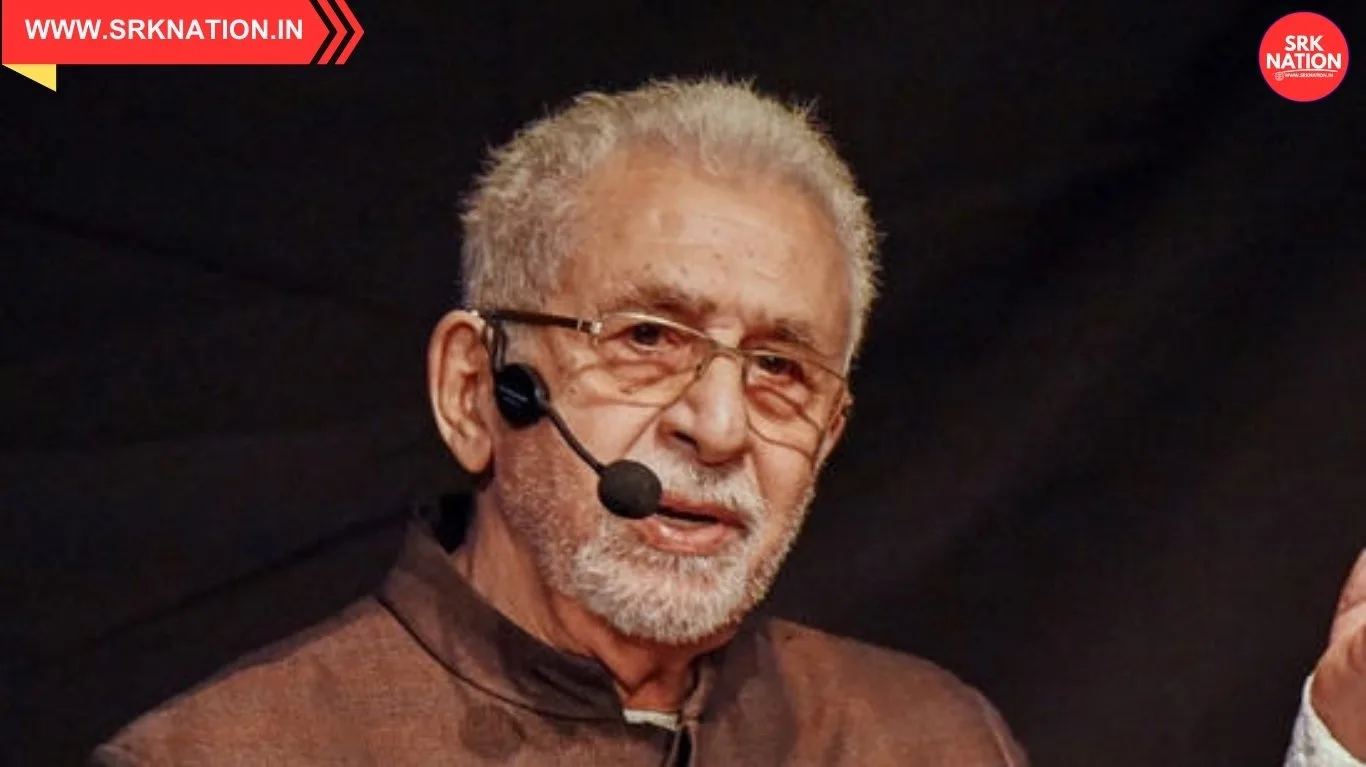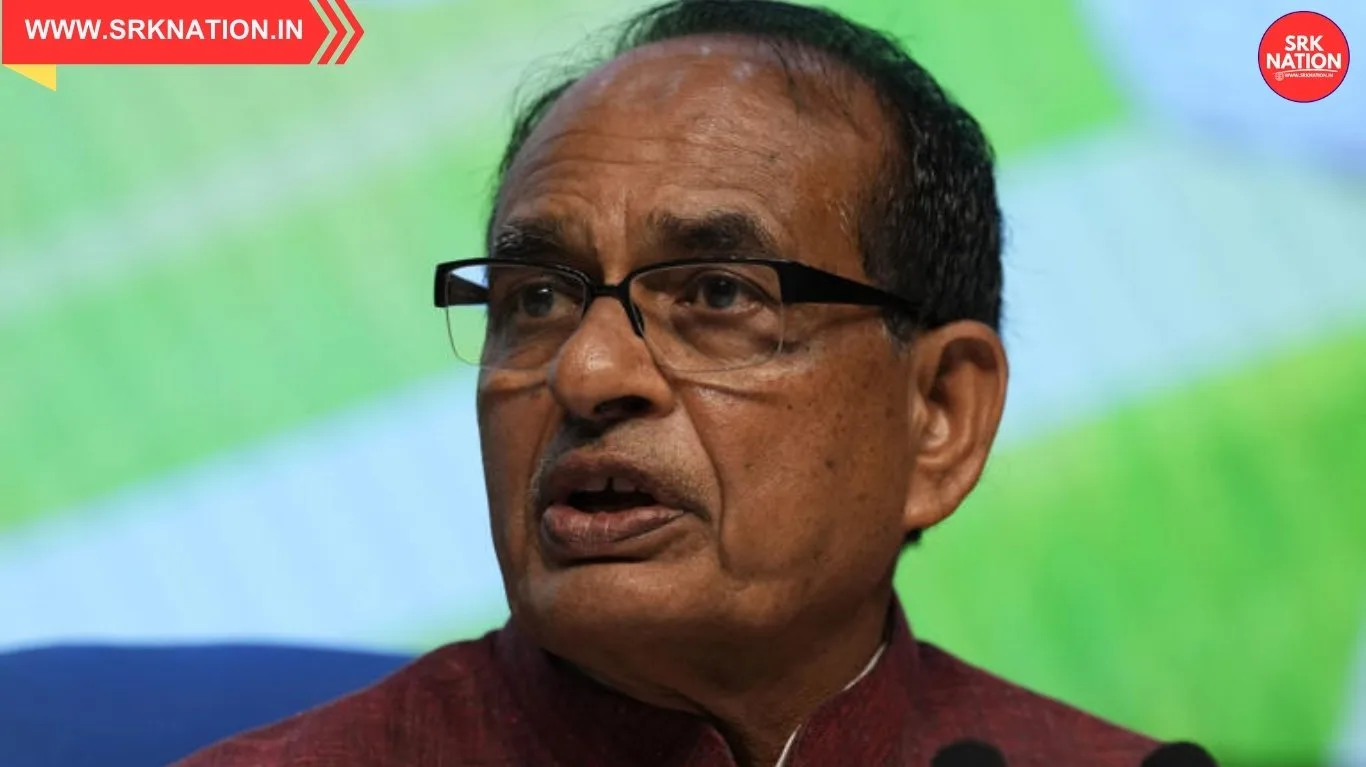In a landmark move aimed at promoting environmental sustainability and reducing glass waste, the Kerala government has announced that all liquor bottles sold across the state will carry a ₹20 refundable deposit starting September 1, 2025. This new policy is a part of a broader strategy by the state’s Excise Department and Beverage Corporation (BEVCO) to encourage responsible consumption and incentivize bottle returns, thereby curbing the mounting issue of discarded liquor bottles in public and residential areas.
The refundable charge will be included in the price of each liquor bottle, regardless of the volume or brand. Consumers can redeem this charge by returning the empty bottles at designated collection centers, licensed outlets, or beverage corporation retail shops. The initiative has received wide appreciation from environmentalists and policy reformers, though logistical concerns remain a topic of discussion among vendors and the general public.
Understanding the New Refundable Bottle Deposit Policy
Kerala is the first state in India to implement a formalized liquor bottle buyback program with a fixed deposit mechanism. Authorities believe that this financial incentive will drive higher return rates of glass bottles, reduce production costs for manufacturers through reuse, and drastically lower the environmental cost of glass disposal.
| Feature | Details |
|---|---|
| Effective Date | September 1, 2025 |
| Refundable Charge Per Bottle | ₹20 |
| Applicable On | All glass liquor bottles sold in Kerala |
| Refund Redemption Points | BEVCO outlets, select bars, licensed liquor shops, and mobile collection units |
| Final User Refund Requirement | Present bottle with bill or bottle barcode for verification |
| Objective | Encourage recycling, reduce littering, lower carbon and production footprint |
The Rationale Behind the ₹20 Refundable Bottle Charge
The state government’s decision is driven by three primary concerns—environmental preservation, public sanitation, and economic efficiency in liquor packaging.
- Environmental Impact: Discarded liquor bottles contribute significantly to the non-biodegradable waste pile in Kerala. With approximately 20 crore bottles sold annually in the state, even a modest return rate can lead to significant reductions in landfill waste.
- Public Nuisance & Safety: Broken glass bottles are a regular feature in public spaces, posing safety risks and diminishing cleanliness in both urban and rural areas. Several civic bodies have flagged this as a recurring issue, especially during festivals and holidays.
- Reusability & Cost Saving: Glass bottles are durable and can be reused multiple times without compromising quality. Recycling and reusing bottles can reduce manufacturing and procurement costs for distilleries and beverage corporations.
Estimated Annual Liquor Bottle Sales and Potential Bottle Return Revenue
| Year | Total Liquor Bottles Sold (crores) | Potential Refundable Revenue (₹ crores) |
|---|---|---|
| 2022 | 18.5 | 370 |
| 2023 | 19.2 | 384 |
| 2024 | 20.1 (estimated) | 402 |
| 2025 (Q1-Q2) | 10.3 (pre-policy) | – |
| 2025 (Q3-Q4) | Estimated 9.8 | 196 |
If even 60% of customers return their bottles post-September 2025, nearly ₹117 crore worth of deposits could be refunded in just four months, while drastically reducing waste.
How the Collection and Refund System Will Work
To ensure smooth implementation, the state will establish a dedicated bottle return infrastructure. Here’s a breakdown of the process:
- Labeling and Barcoding: All bottles from September 1 onward will carry barcoded stickers linking them to purchase transactions for traceability.
- Receipt Validation: While bills will not be mandatory, they can speed up refunds. Bottles without barcodes or damaged labels may not be accepted.
- Return Points Expansion: Apart from BEVCO outlets, private vendors and select bars will be authorized as return centers, provided they register with the Excise Department.
- Mobile Collection Units: To boost rural and semi-urban participation, mobile vans will collect returned bottles in weekly schedules.
The Excise Department has also hinted at launching a mobile app to assist users in locating their nearest collection center and track refund credits through digital wallets.
Reactions from Stakeholders
Environmentalists have lauded the move as a long-overdue step in reducing Kerala’s growing waste management burden. “This is a win for both the earth and the economy. We hope this model inspires other states,” said a member of the Kerala Paristhithi Samrakshana Sangham.
Liquor Vendors and Bar Owners, however, remain cautious. Some have expressed concern over logistics, storage of returned bottles, and increased staff responsibilities. “Handling returns will require training and secure storage space. The government should assist with infrastructure and reimbursements,” said a liquor vendor in Ernakulam.
Consumers are mostly in favor. Social media has been abuzz with support for the move, with many hailing it as a small but impactful behavioral nudge. However, questions remain about how the refunds will be processed and whether delays or bottlenecks might deter participation.
Lessons from International Models
Countries such as Germany, Norway, and Canada have long used similar bottle return schemes, often referred to as “deposit return systems” (DRS). These countries report return rates of over 90% for glass and plastic bottles.
| Country | Refundable Deposit Amount (Local Currency) | Bottle Return Rate (%) |
|---|---|---|
| Germany | €0.25 | 98% |
| Norway | NOK 2 | 95% |
| Canada (BC) | CAD 0.10–0.25 | 90% |
| India (Kerala – upcoming) | ₹20 | Expected ~60-70% initially |
Kerala’s implementation is modeled loosely on these successful programs but tailored to India’s socio-economic landscape and local liquor trade practices.
Future Roadmap and Expansion Plans
While the initial rollout applies only to liquor bottles, state authorities have hinted at a possible expansion of the refundable bottle policy to soft drinks and water bottles in the future. Additionally, discussions are underway to offer digital refunds via UPI or integration with BEVCO’s e-token platform.
The Kerala State Pollution Control Board and Beverage Corporation will jointly monitor the program’s effectiveness and release periodic performance audits.
Key Benefits Expected from the Policy
- Reduction in glass waste and environmental pollution
- Cleaner public spaces and reduced injury risk
- Cost efficiency for distilleries via reused bottles
- Increased environmental awareness among consumers
- Creation of a circular economy for liquor packaging
Implementation Challenges and Addressal
| Challenge | Proposed Solution |
|---|---|
| Handling and storing returned bottles | Special bins and weekly disposal pickup by BEVCO logistics team |
| Fraud or fake bottle returns | Barcode and sticker validation mechanism |
| Lack of awareness in rural areas | IEC campaigns via television, print, and panchayat-level outreach |
| Storage capacity in retail shops | Excise dept. to offer subsidies for storage setup |
Conclusion
The ₹20 refundable bottle deposit policy marks a new chapter in Kerala’s approach to sustainability and consumer accountability. As the first Indian state to take this progressive step in the liquor retail sector, Kerala is setting a precedent for integrating environmental goals with administrative efficiency. While operational hurdles may arise, the state’s robust infrastructure and public engagement model position it well to make the initiative a long-term success.
If effectively implemented, this initiative could serve as a blueprint for other Indian states grappling with waste management, plastic reduction, and environmental preservation.
Disclaimer: This news content is based on official statements and public policy discussions as of July 2025. Any future developments or modifications to the program may be announced by the Kerala Excise Department or BEVCO. Readers are advised to check with official sources for the latest updates.











